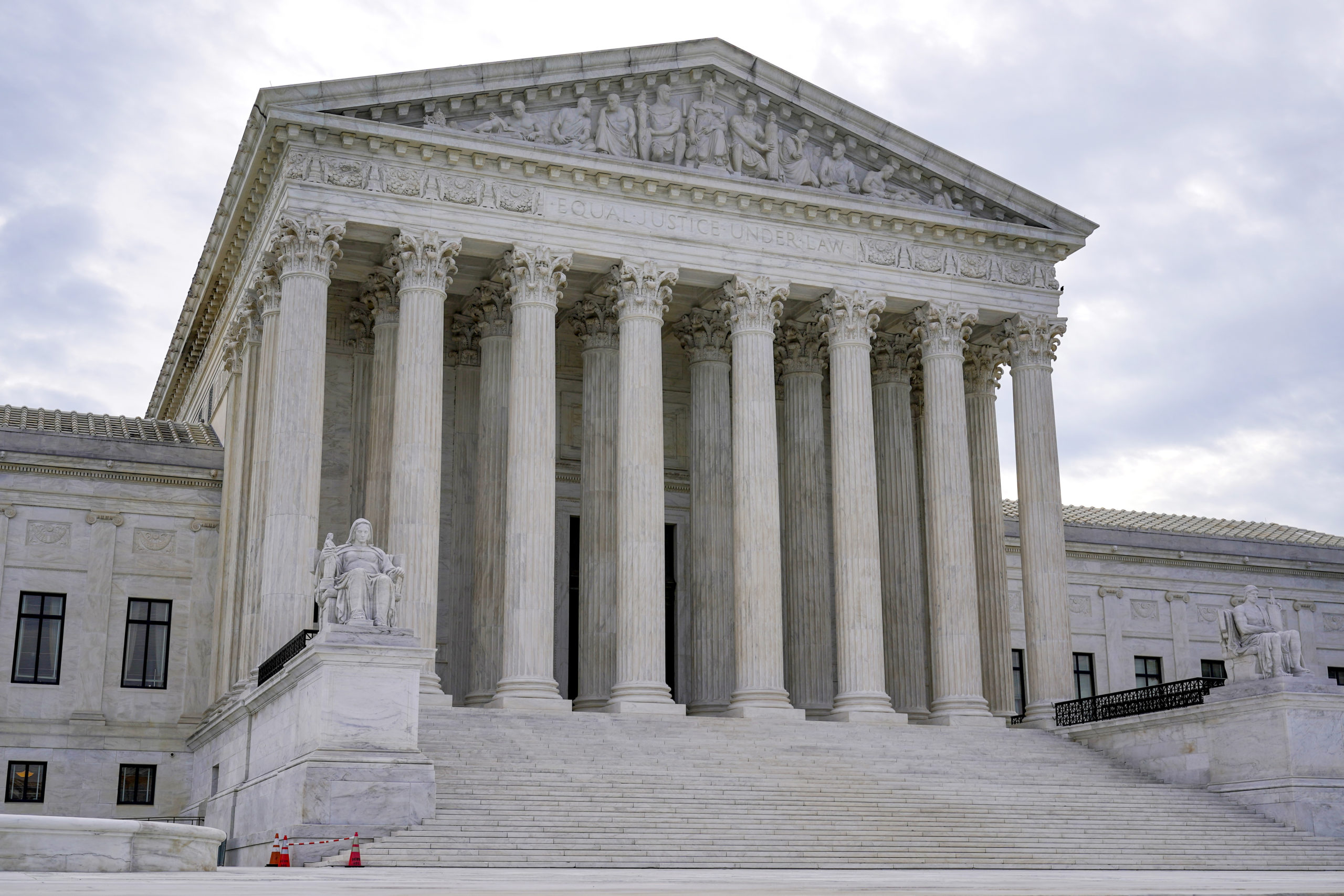A pro-democracy faith movement is forming. Will it be enough?

Pressure on congressional Democrats to pass historic voting rights legislation has been mounting for weeks. Activists have been marching in the streets outside members’ offices in Washington. Progressive interest groups are calling on Congress to pass two pending bills, the John Lewis Voting Rights Advancement Act and the Freedom to Vote Act.
They are agitating for Democratic senators to take the possibly explosive step of abolishing the chamber’s sacrosanct filibuster rule to overcome Republican opposition to measures aimed at protecting the integrity of the electoral system.
Some of those marching have been wearing clerical collars. This week, Unitarian Universalist Association President the Rev. Susan Frederick-Gray raised a fist as she was arrested with a sacramental stole draped around her neck.

Brooklyn Boro
View MoreNew York City’s most populous borough, Brooklyn, is home to nearly 2.6 million residents. If Brooklyn were an independent city it would be the fourth largest city in the United States. While Brooklyn has become the epitome of ‘cool and hip’ in recent years, for those that were born here, raised families here and improved communities over the years, Brooklyn has never been ‘uncool’.